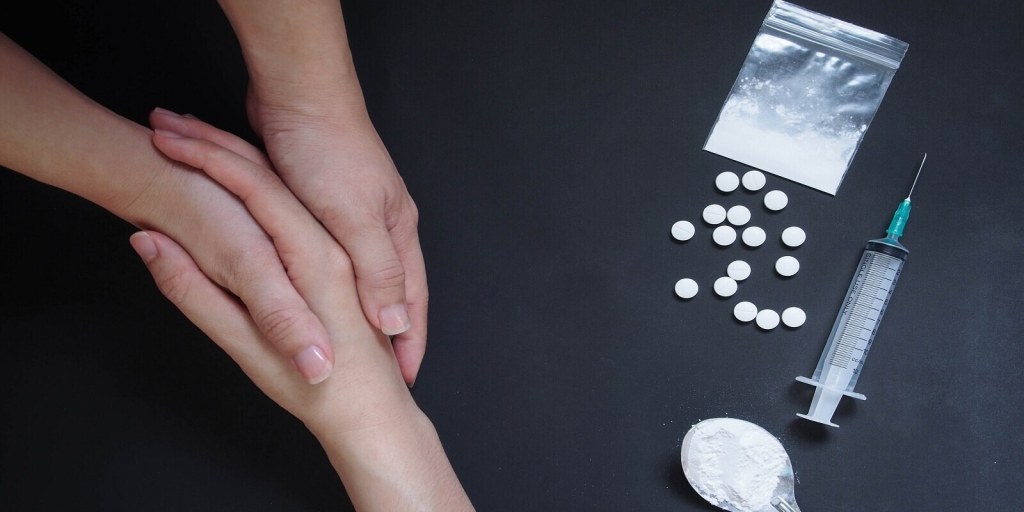Introduction
The journey towards recovery from drug addiction is a transformative process, marked by significant milestones. Among these, completing a drug rehabilitation program is a crucial achievement. However, the path to sustained recovery extends far beyond the confines of rehab facilities. This is where aftercare comes into play, a critical but often underestimated component of the recovery process.

Understanding the Role of Aftercare
What is Aftercare?
Aftercare refers to ongoing support and treatment that individuals receive after completing a structured drug rehab program. This phase is pivotal in reinforcing the skills and strategies learned during rehab and providing continued support to prevent relapse.
Why is Aftercare Crucial?
- Prevents Relapse: The period immediately following rehab is often when individuals are most vulnerable to relapse. Aftercare provides the necessary support system to navigate challenges in a drug-free life.
- Sustains Recovery Goals: It helps individuals maintain the momentum gained in rehab and continue working towards long-term recovery goals.
- Addresses Ongoing Challenges: Aftercare helps in addressing life challenges that emerge post-rehab, including rebuilding relationships, finding employment, and managing stress.
Components of Effective Aftercare
Continued Therapy and Counseling
Ongoing therapy sessions, whether individual or group-based, are a cornerstone of aftercare. They help individuals delve deeper into the underlying issues of addiction and develop coping strategies. For more information on the benefits of continued therapy, visit this resource.
Support Groups
Participation in support groups like Narcotics Anonymous or SMART Recovery provides a sense of community and belonging. These groups offer peer support and shared experiences that are vital for sustained recovery.
Medication-Assisted Treatment (MAT)
For some, MAT can be an integral part of aftercare, helping to manage cravings and withdrawal symptoms, thus reducing the risk of relapse. This approach combines medication with counseling and behavioral therapies.
Sober Living Environments
A sober living environment can be a transitional step for those who need a structured, drug-free environment post-rehab. These homes reinforce healthy habits and provide a supportive community that is conducive to recovery.
Lifestyle Changes
Adopting a healthy lifestyle, including regular exercise, a balanced diet, and sufficient sleep, is crucial in aftercare. These changes support overall well-being and help manage stress, a common trigger for relapse.
Navigating Challenges in Aftercare
Staying Committed
The road to recovery is often fraught with challenges. Staying committed to aftercare programs, even when it seems difficult, is vital for long-term success.
Building a Support Network
Creating a strong support network of family, friends, and peers in recovery can provide encouragement and accountability.
Developing New Habits
Replacing old, harmful habits with new, healthy ones is essential. This might include picking up new hobbies or interests that support a sober lifestyle.
Conclusion
Aftercare is not just a safety net; it’s a roadmap for a fulfilling, drug-free life. It empowers individuals to build on the foundation laid during rehab and navigate the complexities of life post-recovery with confidence and resilience. For those seeking further information on aftercare and recovery, this comprehensive guide offers valuable insights.
Remember, recovery is a journey, not a destination. Aftercare is the bridge that connects the initial steps taken in rehab to a lifelong path of wellness and sobriety.

